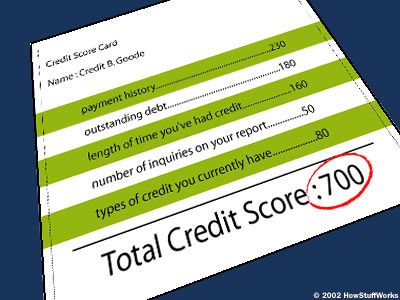
How much do you owe on your credit cards? If you're keeping up with the Jonses, it's probably several thousand dollars across a few cards -- Americans carry, on average, about $6,194 in credit card debt, and have four active credit cards in their wallet [source: White]. In 2022, U.S. consumers collectively charged $790 billion to their plastic [source: Debt.org].
One of the most popular ways to consolidate all that credit card debt is to transfer balances from multiple existing accounts to one new credit card. It's an attractive solution because it's relatively quick to do and can have a positive and immediate impact on your debt. While your goal is to save yourself a little money every month, and maybe streamline your monthly bill payments, credit card companies want to make money -- so there are a few things to know as you select the right balance transfer offer.
Advertisement
Only a portion of each monthly payment you make on your credit card balance is applied to the principal; you're also paying interest, and sometimes a lot of interest. Interest rates can make a significant impact on how big your monthly payments are and the length of time it will take to pay off the debt -- therefore, interest rates are the first thing to consider in the consolidation equation.
Your credit card's interest rate is also called an annual percentage rate (APR), and these rates can be fixed or variable. When evaluating balance transfer offers, be sure to select a new card with a lower interest rate than what you're currently paying, otherwise you're not saving any money. At all. And be aware that the attractive zero-percent offer is often only for a limited, introductory time, called a teaser rate (and it might be only applicable to the debt you transfer, not any new purchases you put on the card -- those purchases may be subject to a much higher interest rate). In addition to understanding the interest rate, look at more of the details of the deal: Does the card, for example, have an application fee, an annual fee, or services charges? The smartest card choice doesn't have any of these fees (although you may not be able to escape paying a transfer fee). Make sure you understand the limitations of the offer before you decide whether the card is right for your needs.
Advertisement


